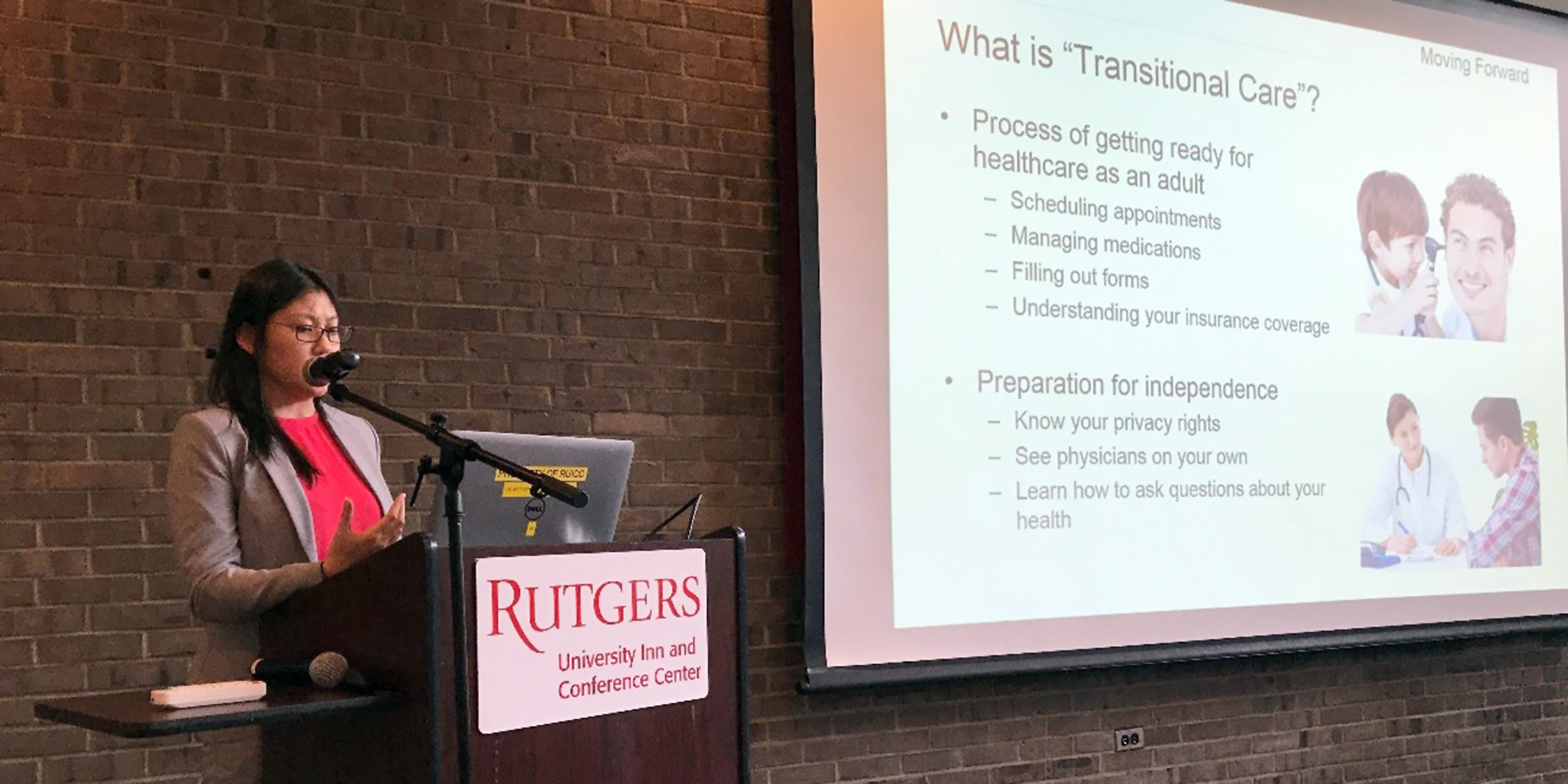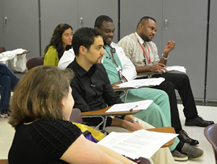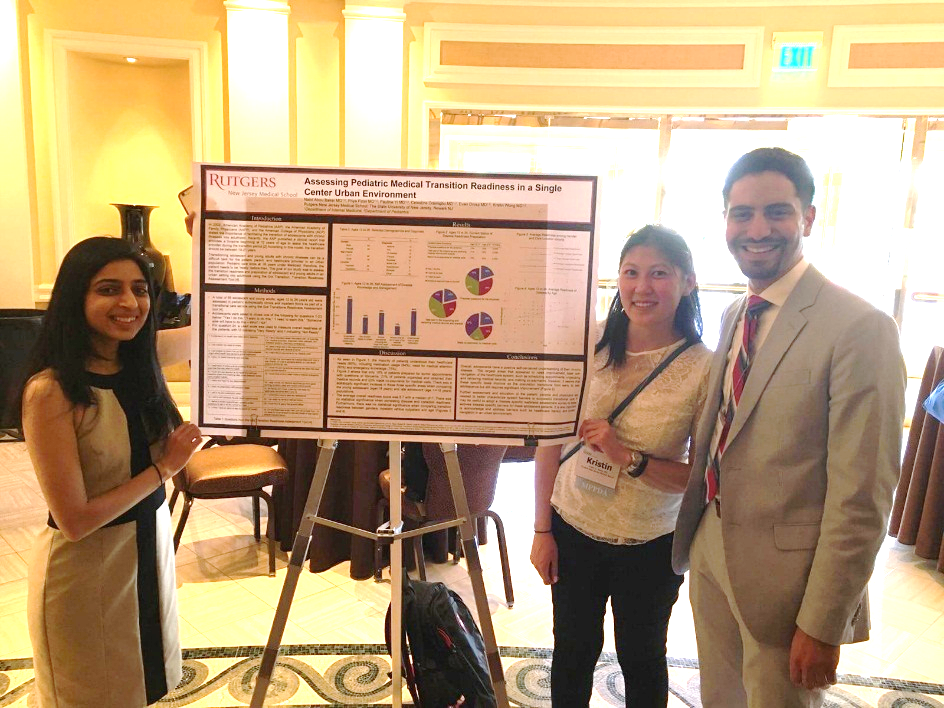Transitional Care
Transitional Care

 As medicine becomes more advanced, children with complex and chronic diseases are living into adulthood. This includes but is not limited to CSHCN with new onset hypertension, hyperlipidemia, and type II Diabetes, as well as adults with congenital heart disease, type I Diabetes, or childhood cancer in remission. Dual trained, Med-Peds physicians have taken a special interest in these populations given their broad skill set and familiarity of treating patients of all ages. It is in this regard that Med-Peds residents are exposed to the challenges that adolescent and CSHCN patients face and are better equipped to handle the growing needs of this population.
As medicine becomes more advanced, children with complex and chronic diseases are living into adulthood. This includes but is not limited to CSHCN with new onset hypertension, hyperlipidemia, and type II Diabetes, as well as adults with congenital heart disease, type I Diabetes, or childhood cancer in remission. Dual trained, Med-Peds physicians have taken a special interest in these populations given their broad skill set and familiarity of treating patients of all ages. It is in this regard that Med-Peds residents are exposed to the challenges that adolescent and CSHCN patients face and are better equipped to handle the growing needs of this population.
 Embedded in the Office Practice rotation, residents receive specific training in transitional care, embracing the understanding of adolescent readiness, developing communication skills to educate young adults in chronic disease, assisting children with special health care needs and families find adult centered medical homes, and managing childhood diseases like sickle cell, asthma, cystic fibrosis, and diabetes into adulthood. In addition, the resident will receive education in the health care delivery systems, navigating the health insurance marketplace, and the socioeconomics of health care.
Embedded in the Office Practice rotation, residents receive specific training in transitional care, embracing the understanding of adolescent readiness, developing communication skills to educate young adults in chronic disease, assisting children with special health care needs and families find adult centered medical homes, and managing childhood diseases like sickle cell, asthma, cystic fibrosis, and diabetes into adulthood. In addition, the resident will receive education in the health care delivery systems, navigating the health insurance marketplace, and the socioeconomics of health care.
 Through multifaceted learning modalities, including online modules, literature review, hands-on educational activities, and directed patient care, residents are given the tools and insight into New Jersey’s transitional care arena while capturing adolescents during a key turning point in their treatment. While delivering patient care and disease education, residents will determine adolescent readiness and transition them into adult-centered care, providing them with the resources and knowledge necessary to gain healthcare independence.
Through multifaceted learning modalities, including online modules, literature review, hands-on educational activities, and directed patient care, residents are given the tools and insight into New Jersey’s transitional care arena while capturing adolescents during a key turning point in their treatment. While delivering patient care and disease education, residents will determine adolescent readiness and transition them into adult-centered care, providing them with the resources and knowledge necessary to gain healthcare independence.
